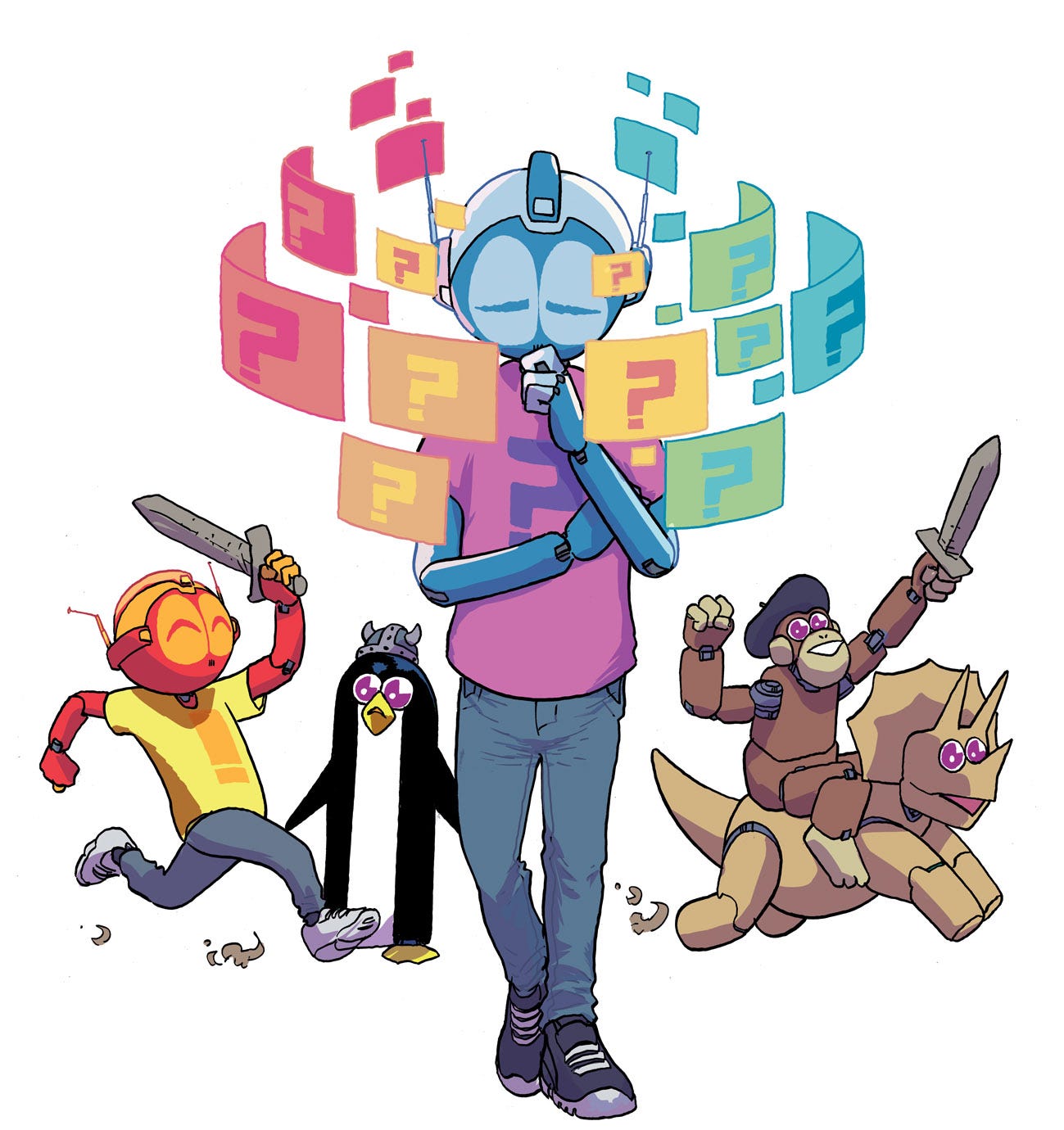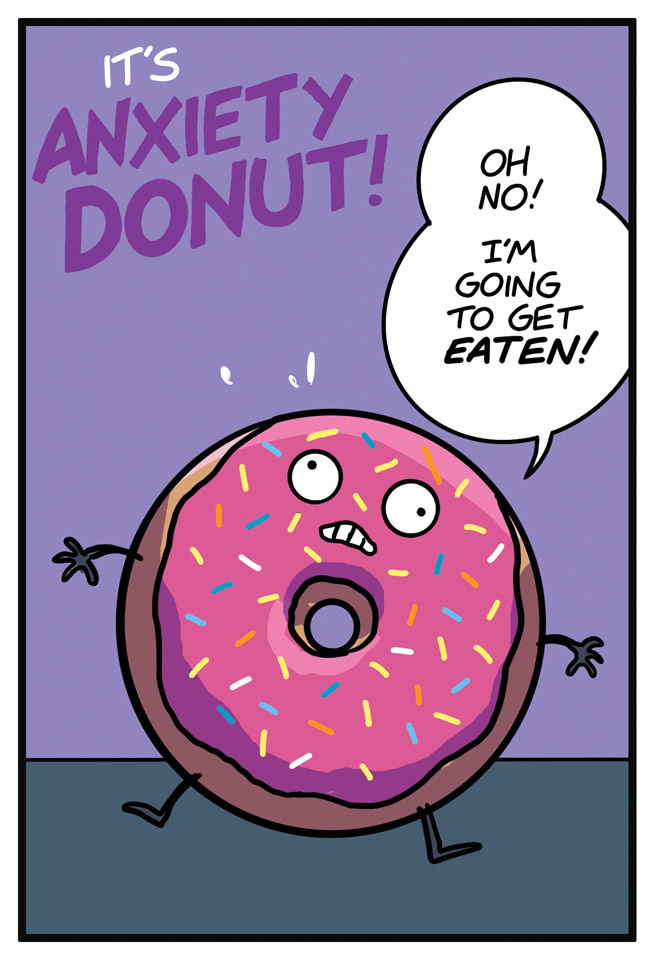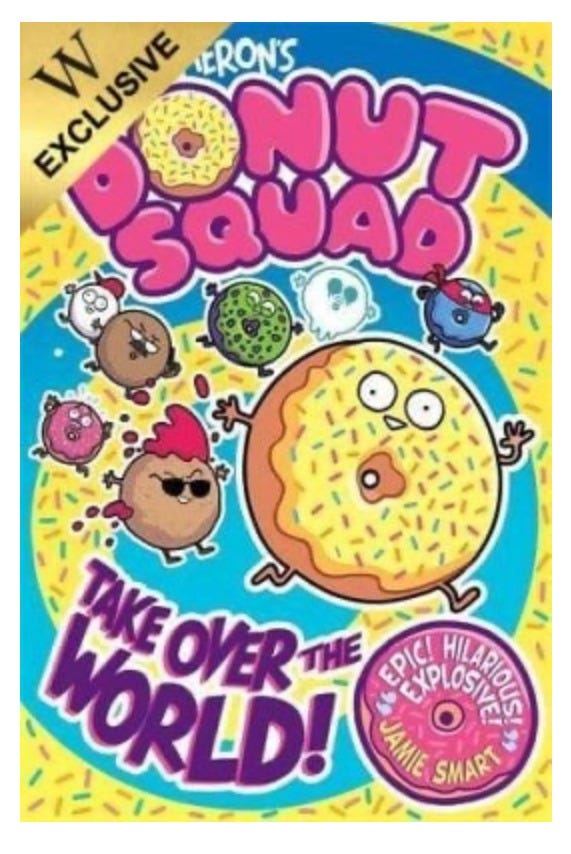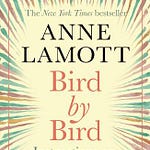I’ve been putting out quite a few of these video chats recently. If you’re here primarily for the written articles, don’t worry: I’ll be getting back to those soon enough. Designing and writing Tales from the Triverse is eating all of my time at the moment, as I barrel towards the finale, so I’m having to use my time wisely!
I first had the pleasure of interviewing
back in 2021, when I was hosting the Writing Life podcast for the National Centre for Writing. He’d just published a new book, Freddy Vs School, a spin-off from his long-running MEGA ROBO BROS comic.Zip forward to 2025 and he’s published many more books for young readers, including the final volume of MEGA ROBO BROS. Neill serialised that story over ten years in the UK weekly comic The Phoenix (and I thought I’d been working on Triverse for a long time!).
If you’re a parent of a kid anywhere between 5 and 15 years old, you owe it to yourself to hunt down Neill’s work. If you’re in the UK, The Phoenix is a beautiful, hilarious magazine full of original comics and absolutely no plastic tat or corporate tie-ins. Outside of the UK, it’ll be easier to get hold of the MEGA ROBO BROS collected editions.
These are formative works for my son (who is now 12). They absolutely sit alongside the best of Pixar, Naruto and the She-Ra and Voltron remakes for me: stories I encountered through my son, but which were just as entertaining and meaningful for me as well.
As for DONUT SQUAD: this is a masterclass in tone of voice. Which I know sounds like a weird thing to say. But Neill’s crafted this extremely odd thing, that on the surface is 100% very silly. Anthropomorphic donuts, with behaviour that matches their flavours, presented in short, 4-panel comedy sketches.
If you’re old enough to remember The Fast Show from the 1990s, that’s the territory we’re in.
But with donuts.
It’s enough to make for a ridiculous and fun time, especially for younger readers.
But then:
Meet Anxiety Donut, a donut who is self-aware of the fate of all donuts. He knows he is going to be eaten, and is permanently terrified. This is funny, but it is also disturbing. It tiptoes into existential questions about life and death and fate.
I mean, I don’t want to go too deep here, because DONUT SQUAD is a brilliantly fun read for your kids, and I don’t want to put you off from buying it for them. But there’s a lot of grown-up, challenging concepts nibbling at the edges.
I mention in the interview one of my favourite sketches: Jammy Boi is a jam-filled donut whose entire sketch concept is that he inevitably splats onto something important and/or clean. A white shirt that’s just been ironed. A newspaper someone is reading. An ancient artifact. You get the idea. You can see him left of middle on the cover:
A few weeks back, Neill broke out of the usual 4-panel short sketch format and did a 2-pager. The random guy who normally lives in fear of Jammy Boi messing up his stuff is surprised when the donut doesn’t appear in panel 4. The man goes on to live his life, meeting his partner, getting married, having kids. The whole time looking over his shoulder. Years pass. Decades. The final panels are him on his death bed, at the end of his life, apologising to his family for being absent, for never really being in the moment—
—and then, in the final panel, as the man dies, Jammy Boi shows up and makes a giant mess.
To take a simple, fun concept and then do so much with it is what makes Neill’s work so rewarding to young and grown-up readers. That playfulness is something I try to get into Triverse whenever I can: there’s real fun to be had in establishing a clear, repeating formula and then tearing it up. It keeps it interesting and unpredictable for readers as well as for us, the writers.
Anyway, enjoy the interview/chat. We cover quite a lot in a short amount of time. Including a lot of gibbering about 1980s Transformers comics.
Meanwhile.
Remember I mentioned going to a Pubstack event? Here’s some proof:
Note the many pizza boxes, not to mention the expressions of intense concentration.
If you read one thing this week, it should probably be this guide to safeguarding your work:
The same general advice applies regardless of the platform you’re using.
This podcast over at
interviews and from Substack:It looks like a business-focused conversation, but they go into quite some detail about ideas and plans around fiction, which obviously made my ears prick up. I jotted down some ideas for improving the fiction experience on Substack years ago, and it sounds like we’re moving slowly up the priority list.
Right I’m off to wrangle that Triverse finale.



















